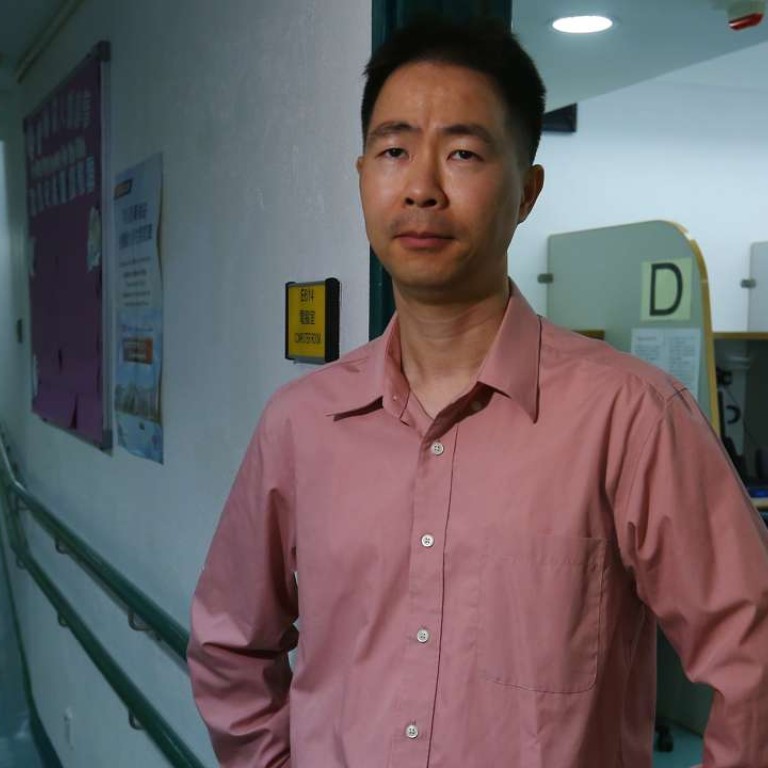
The visually impaired IT expert selflessly helping the blind break through the digital barrier
Johnny Lui developed his own freeware to help people connect with the rest of the world – and all for free
For the visually impaired, it’s a challenge to use computers. Often, a combination of technologies is employed: speech synthesising software will read out the text, while an electromechanical braille terminal produces output for the fingers in the form of raised dots.
It’s even tougher for non-English-speakers, as such technological developments are mostly English-language based. Ten years ago, when Johnny Lui Chi-hung, whose own visual sense is limited to “light” and “dark”, realised Cantonese screen reader software cost almost HK$20,000, he developed his own freeware, Johnny Tools, to help the visually impaired in Hong Kong.
Over the years, he’s continued to update Johnny Tools in his own time. For example, while for most of us translating a text is just a matter of copying from one page and pasting into another, it’s more complicated for those who can’t visually locate the text and translator text-box.
Now, Johnny Tools allows users to select and translate, with simple keyboard shortcuts, any text on the screen with ease.
He has done this all for free, only occasionally receiving donations for his hard work. The real reward for him is to hear the joy in people’s voices, of their newfound abilities to connect with the rest of the world.
The first half year was the hardest time, as I dropped behind my classmates more and more
For his IT training, he’s thankful to his school head and teachers at what was then the Tuen Mun Technical Institute. “You don’t get it easier; you must meet the school standard,” his principal told him, “but you can have more time to reach it.”
A two-year diploma took four years, and it was 10 years before he finally got his degree in IT.
“The first half year was the hardest time,” he recalls, “as I dropped behind my classmates more and more.”
It takes time to listen to text being read out. It takes time to check aurally what you’re typing is correct, or which window it is you need as you switch between them. It takes time to do what Lui has to do on a computer. But he pushed through, crediting wonderful classmates who supported him through the years.
One of his biggest challenges was to draw relationship diagrams. Other students just sketched them freehand – a circle here, linking to a square there. Lui had to devise a way on the computer: square brackets for the [square]; parentheses forming the (circle); relationships indicated with >inequality arrows<. his instructor was impressed. lui did not let blindness restrict him but to serve as an impetus with which he innovates.>
Despite his education and eagerness to contribute, Lui has found it difficult to even get a basic office assistant job. He’s disappointed the government only recruits people with disabilities for 2 per cent of civil service posts. “We don’t want allowances. We want jobs,” he sighs.
While he continues to seek an employer willing to hire him, Lui spends time with his six-year-old son and travelling to and from NGOs, teaching visually impaired folks to use the computer.
“It’s the way out for us,” Lui says, “by breaking through that digital barrier.”
</.>
